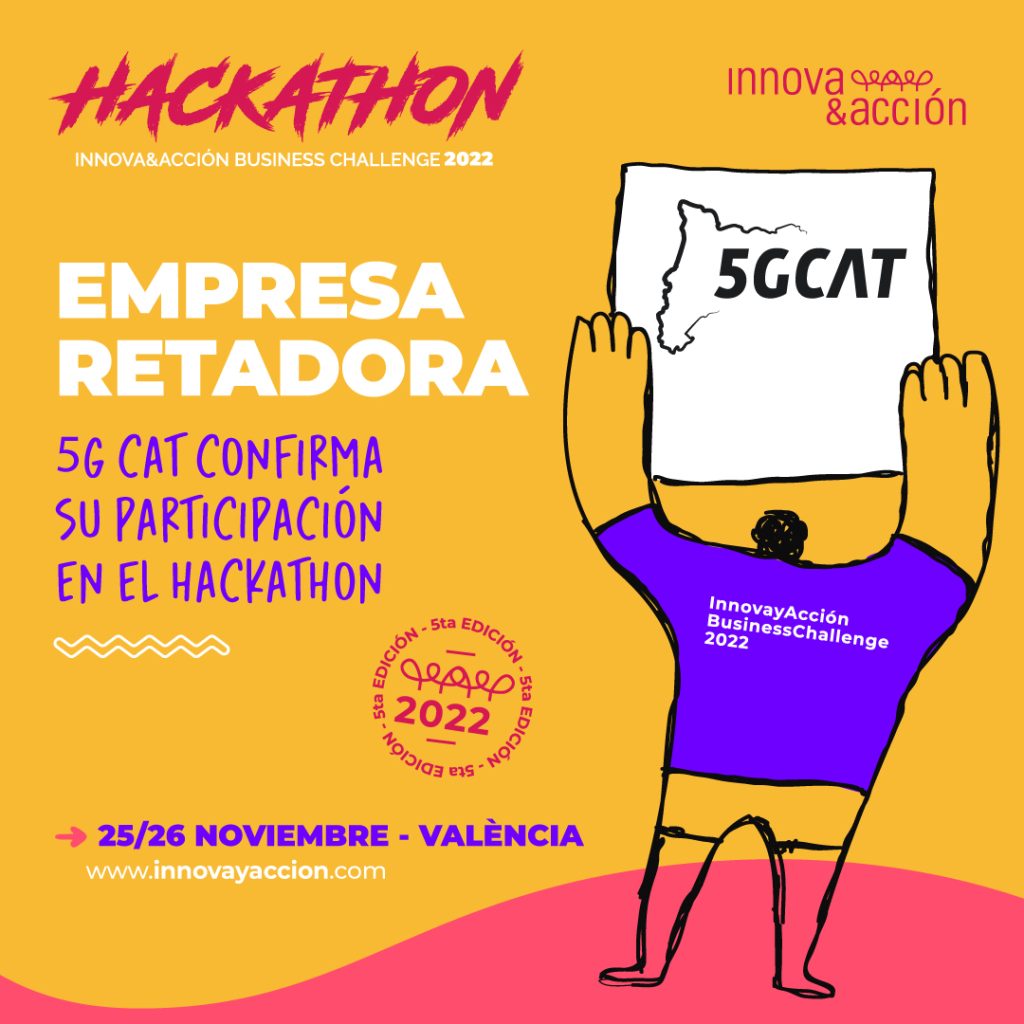In an increasingly complex world, companies must be able to mobilise all available talent to face the challenges of the future. Open innovation, a term coined in 2003 by Henry Chesbrough, a professor at the Haas School of Business at the University of California (Berkeley), is a powerful tool that allows companies to go beyond their limits.
Cooperation with entrepreneurs, start-ups and other players in the innovation community is vital for breaking down the silo mentality and secrecy that are typical of traditional corporate labs. Today, collective intelligence and collaboration between the public and private sectors are key to promoting R&D&I (Research, Development and Innovation). Universities, large companies, SMEs and start-ups can work hand in hand to take a great leap forward in technological development applied to people’s needs.
The 5G revolution is firmly committed to open innovation to strengthen and grow its ecosystem. In this framework, it is essential to have a neutral telecommunications operator such as the Cellnex group —an infrastructure manager with more than 130,000 sites— which facilitates the development of solutions with all kinds of technologies and for any mobile operator. A neutral operator helps to create synergies while reducing the cost of developments.
Using open innovation, the 5Gcat project aims to establish our country as a benchmark in the roll-out of this technology, which represents a decisive boost to achieving a digital society. That is why the 5G Catalonia pilot will take part as a collaborating company in the fifth edition of the Innova&cción Business Challenge hackathon, organised by Innova&acción, organised by the Valencia Region’s Polytechnic Foundation. This is a 24-hour open innovation marathon that will take place on 25 and 26 November in Valencia, Spain.

Experience
The 5G Catalunya project was one of the winners of the second call for funds to develop 5G pilots launched at the end of 2019 by Red.es —an entity of the Ministry of Economic Affairs and Digital Transformation— within the National 5G Plan. The initiative is co-financed by the European Regional Development Fund (ERDF). The project consists of seven use cases aimed at developing solutions in the urban mobility environment, remote education, the industrial sector, remote procurement, audiovisual transmission, management of security and emergencies in the urban environment, and the construction of a neutral multi-operator network to provide connectivity in areas with high seasonal occupancy such as the beaches of the Barcelona coastline.
A ‘hackathon’ —a contraction of the term ‘hacker’ (in the sense of crazy about computers) and ‘marathon’— allows companies to challenge the innovative community to obtain great practical advances, in record time, as a result of the brainstorming that flows from bringing together talent from different backgrounds in a common space.
Thanks to the experience of the use cases of the 5G Catalonia pilot, it is possible to study other applications of this technology. The big question is: How can 5G help improve the lives of citizens? One, two, three… Let’s begin!

